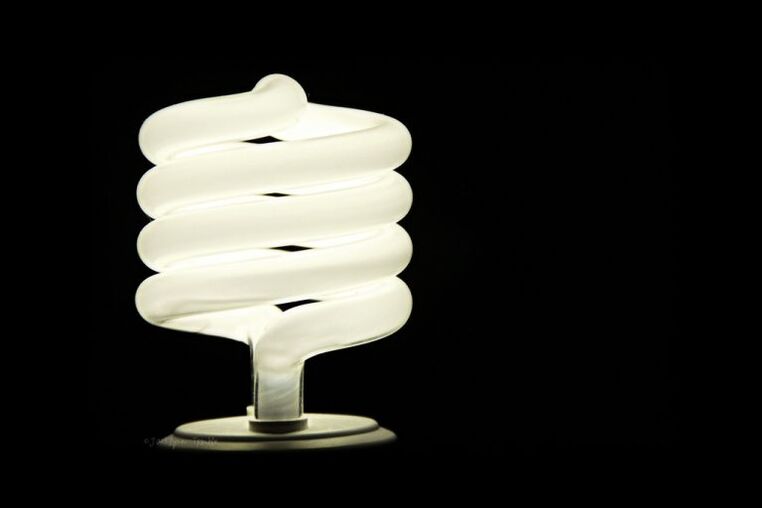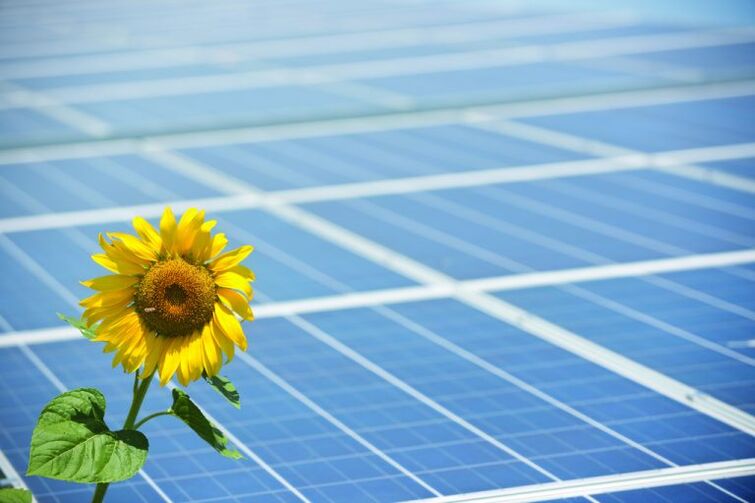
The twenty-first century has given man many inventions and possibilities, newly created gadgets and devices that mostly work from the mains. The home of any inhabitant of the planet Earth today is literally full of a wide range of devices that give light and warmth, help cook food, wash clothes, store perishable food longer and even learn something new and have fun. However, many have already noticed that paying for electricity can make a big "hole" in the family budget. It makes sense to figure out how to save electricity in an apartment or private home to significantly reduce your monthly expenses, freeing up funds that can be spent for other purposes.
The main ways to save energy
The question of how to save electricity, especially in houses where electric stoves and electric water heaters are installed, is constantly posed to consumers, especially in the current crisis situation in the country and world economies. Paying for the energy supply of a private house or even an ordinary average apartment occupies one of the leading places in the family budget expenditures for utility bills. Regardless of stability or the actual financial situation, savings are always relevant because no one wants to throw money into the water, and that is an absolutely right decision. Let’s take a look at how experts and experts in their field offer energy savings.
Interesting
Proper savings of electricity at home will significantly, almost threefold, reduce the cost of paying utilities, so it is worth taking this issue seriously. If it seems to you that turning off the lights in the room in time does not greatly affect the overall result, it makes sense to just conduct an experiment and find out how much money you lost per month, before you start paying attention to it.
There are three main methods of saving electricity, around which all the others revolve, which are their derivatives.
- The use of new technologies (purchase of household appliances, gadgets and other electrical appliances with an increased degree of economy), which may require significant financial investment.
- Competent use of mains-powered equipment.
- Theft of electricity from the state.
In the first two articles we will discuss the first two ways of saving in more detail, but it is recommended to leave the third immediately, because jokes with the state can end badly, and instead of saving you will get additional costs for fines and sometimes litigation.
Simple ways to save energy at home

Most people have no idea how much electricity this or that device, which is used regularly, "eats" in a month, hence the lack of understanding how you can save. First of all, when buying new devices and equipment you should always find out what energy consumptionthere, this indicator will show what kind of electricity consumption it assumes.
Approximate data for comparison
According to statistics, the main items of expenditure are generated by using some basic electrical appliances, which are available in almost every household.
- Electric furnaces can absorb from 20% to 30% of monthly consumption.
- The refrigerator is considered to be the most serious appliance, because it never turns off, which is why it consumes about 30% of electricity.
- Light bulbs and other lighting "shake" about 16-19% of the total.
- A modern washing machine has about 15%.
- Other household appliances and office equipment, including vacuum cleaners, dishwashers, computers, chargers, etc. , They absorb about 20% of the total electricity bill.
Therefore, thanks to the competent and deliberate use of these devices, you can significantly reduce the costs from your family budget for this item. Let’s take a closer look at how you can honestly and legally save on electricity and save your hard earned money.
Let it be bright!
Interestingly, many consumers do not even think that a huge amount of budget funds can be spent on lighting the apartment. It is optimal to buy household light bulbs, which only the lazy have not heard of today. The government has even banned the production of conventional incandescent bulbs for sale to ordinary citizens, with a capacity of 100 watts or more. There is talk of the fact that fifty-watt lamps will soon become banned, giving way to "housekeepers". But not only LEDs and energy-saving light bulbs will help save electricity. There are some tips you should always follow.
- Turn off the lights when moving from one room to another. If this is difficult for you or there are many small children in the house who find it difficult to explain the essence, you can install special heat sensors. It won’t cost much, but it will turn off the light on its own as soon as the person leaves the room.
- Make sure there are more light sources in the room, depending on your needs, so that you do not constantly turn on the top light that consumes the most.
- Hear in your nose that cleanliness is a guarantee not only of health, but also of energy savings. Wash windows and chandelier curtains more often so that light can enter your apartment freely and undisturbed. According to the research of scientists, the level of lighting of dirty windows has been reduced to 28-36%, which is a lot.
- When planning repairs, make sure the furniture and walls reflect a higher light flux. Light tones will help reflect up to 85%, and dark only 10-13%.
People who have already used only these tips say that this way you can save at least 10-15% of the bill without effort, and that is already a pretty serious achievement.
Energy saving technology and its proper application
Another very effective method for saving electricity in a private house or apartment is to buy a new one, equipped with energy saving systems, household appliances and other appliances for regular use. Modern energy saving equipment is even marked in a special way, with letters from G to A +++. The first will consume a lot of energy, but in the case of the second, the savings will be the most significant.
It is worth choosing the most economical devices that will save you money. In addition, don’t be afraid to buy the latest science and technology, such as induction hobs, super-economical washing machines or microthermal heaters. But that's not all, because all these devices still have to be used properly to reduce costs.
- Always unplug all electrical appliances when you do not need them. They don’t seem to be working, but the little light on the board is still on, which means the kilowatts are turning slowly. If in a month such waste is insignificant, then in a year it will become even more impressive, and when it is counted in ten years, you will want to grab your head.
- If you bought a refrigerator that does not have a No Frost system, you will need to defrost it regularly. A good housewife knows that the more ice there is in the freezer, the more the device "pulls".
- Buy special cookware for electric ovens and choose it so that the size of the bottom matches the burner as close as possible. When cooking, always cover the pan with a lid and use a low to medium heat. This avoids heat loss and saves more than 10%.
- Do not overload the washing machine with too many things, it is better to divide the washing in half, it will be more economical, and the device will remain in better condition.
- Do not place the refrigerator next to stoves or heaters, otherwise its energy consumption will increase significantly.
- Remember to regularly remove scale that has formed on the walls of the kettle as this will significantly extend the heating time of the water, which will increase consumption and increase electricity costs.
The most advanced users install in their houses or apartments not only infrared sensors, solar heating panels, but even electrical sockets with a timer, in which you can "paste" a TV or computer. Even if you fall asleep, such a "smart" outlet will simply turn off the gadget, and the light will have to pay less.
Two-tariff meter and street heating

Experts recommend that those who can use high-energy appliances install dual-tariff electricity meters in their households. They allow you to pay at the same rate during the day, and from 23: 00 to 7: 00 at a completely different, significantly reduced rate. It won’t be hard to wash or turn on the heater and dishwasher overnight, and the savings will be visible. The price of such a device is considerable and you will have to set yourself apart by reporting to the electrical department, but in just one year it will pay off and save you money.
- You can't "heat the street", that is, take care of the proper thermal insulation of a private house or apartment, change the windows, insulate the walls, all this will bear fruit, and you will have to spend less money on heating.
- Infrared heaters that heat only the part of the living space in which the living being is located are great.
- The boiler should not always be kept on, although it all depends on the daily water consumption, ie the number of people living in the house. Leaving or leaving for a long time, as well as at night, you can turn it off and turn it on again in the morning.
- Set the optimal water temperature in the heater, do not keep it at maximum. Three or four times a year, the boiler needs to be cleaned of accumulated limescale, which also significantly increases electricity consumption.
- Wash batteries and other heating devices regularly if they are powered from the mains, as dirt, dust and debris will significantly increase consumption and reduce efficiency.
Smart home system
The West has long promoted an innovative invention - the "smart home" system, which significantly moves humanity forward into the future. The amazing system will help you easily save electricity in a private house as well as in an apartment, because you can install it anywhere and anytime. The present invention includes the installation of various sensors and modern remote systems that will self-regulate the level of lighting or heating, water supply temperature, switching on and off stoves, computers, televisions, dishwashers or air conditioners.
True, you’ll have to stand out, but it’s definitely worth it. As early as a year later, you will fully recoup the funds spent and begin to notice how significant trust can become in favor of the use of new technologies and scientific advances in everyday life.
























